How to Be an “Imperfectionist” By Stephen Guise
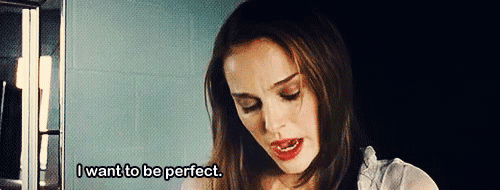
Every person in the world has perfectionistic tendencies, but only some of us realize it. Fewer still recognize the profound negativity that perfectionism has on our lives.
~ Stephen Guise
The Benefit of Perfectionism (Perceived Safety)
Perfectionism is an excuse-generating machine. After setting a perfect standard, attempting to meet it seems futile. Such a standard can also be a response to underlying fears and doubts. For example, if I feared that I couldn’t write well, I might then create an irrationally high standard for my writing to discourage myself from ever attempting to write—for example, my first draft must be as concise as Hemingway and as witty as Shakespeare. This would prevent me from writing a single word!
The perfectionist enjoys safety and protection from what they fear, and that—not striving for excellence—is the most common reason why people become perfectionists.
This is clearly seen because of when we are the most perfectionistic. Have you noticed that the higher the stakes (and fear), the more perfectionistic a person will be?
What to Realize When You Think You Don’t Matter By Melissa Lopez
Most people aren’t as concerned with being praised as much as they are about preventing embarrassment. Author and researcher Brené Brown says that perfectionism is a 20-ton shield we carry around in hopes that it protects us from harm. “In truth,” she says, “what it does is keep us from being seen.”6 If you’re unseen, you can’t be embarrassed, but does anyone really want to remain unseen? Being seen and even embarrassed occasionally is an essential part of life.
The Illusion of Greatness
A desire for greatness and fear of inadequacy are counterforces, and perfectionism is the only solution that seems to address both. You can fantasize about greatness while remaining protected against embarrassment. Inaction, in this case, even appears to validate your great potential because desiring perfection implies that you have and can meet high standards (when you run out of excuses), but it only hides your potential from yourself and the world.
If perfectionism were an iceberg, the small, visible tip would be a desire for excellence, and the submerged part, which reportedly comprises 90% of an iceberg’s mass, would be the fear of failure. The fear of failure is not something we want to show to the world, but it can still drive our actions. 
There is yet another caveat to this perplexing mindset that I want to make clear: it’s not the literal consequences of failure that scare us; it’s the idea that we could fail at something we desire greatly.
We cling to perfectionism not because the cost of failure rises but because the importance of the reward rises. The more we want something, the more afraid we are to not get it. A “perfect” example of this is one of the many low-risk and high-reward behaviors that trigger a perfectionistic response in people: asking a girl to go on a date, asking for a raise, meeting new people, or trying something new.
Each of these usually has a negligible downside compared to the great upside if it’s a success. Why then, would they trigger this response?
Failure has two components to it.
The 2 Considerations of Failure
1. The first, most obvious component of failure is the literal impact of failing.
If you fail to jump across a ravine, you’ll get gravely hurt or killed by falling into it. But failure in the examples given in the previous paragraph comes with little to no consequences. You might feel slightly worse and less confident because of rejection, but you’ll be no worse off in most cases.
The reason we can still be fearful of these near-zero risk actions is the second component of failure—meaning and symbolism.
If you fail to do something, you will naturally wonder why. Why did she say no? Why didn’t I get the raise? Am I unintelligent because I couldn’t complete a Rubik’s cube on my first or tenth try?
The answer to these bigger questions is what we fear the most. Your boss said you couldn’t get a raise. Why? You might think it’s because you’re not good enough, you don’t have what it takes, and your career has hit its ceiling. Suddenly, this zero-risk attempt has thrown a knockout punch to your confidence and self-esteem!
We fear what failure means about who we are. We fear that it will expose our weaknesses and damage our vulnerable hopes and dreams. That’s scary stuff! I used to be a perfectionist in fearing this type of “symbolic failure” with women. If one woman rejects me, so will the rest!
For Anyone Would Like to Learn More About How to Overcome The Need to Be Perfect, Read More About it in Stephen’s book…
How to Be an Imperfectionist
by Stephen Guise
2. Perfectionism protects us against symbolic failure
Because low-risk and high-reward opportunities are often tied to concepts that we crave success in—romance, career, and socializing—an individual instance of failure can be seen as symbolic of our standing in that area, even though, logically, it’s more of a chance-based result than a life-defining failure. (We’ll cover this more in the second half of the book.)
In this dynamic is another “benefit” of perfectionism—mystery! If you never attempt something, you can’t know empirically that you’re not world-class at it. The mystery in perfectionism allows our perfect fantasies to never be tested and disproved. A quick logic check tells us that we’re not perfect at anything. So there’s not actually any mystery; it’s just the illusion of it.
It’s important to be honest about this—perfectionism does protect us. It protects us from massively damaging our confidence and hopes. (Otherwise, it wouldn’t be so popular.) Being a perfectionist seems prudent and responsible based on this perspective.
To this, I have a potentially life-changing question for you to consider: do you want or need this type of protection?
Being protected is not always best for us. Consider animals that grow up protected in shelters and so lack the skills to survive in the wild. Consider individual muscle fibers, which are torn through exercise and then built back stronger. Protection often weakens that which it protects.
Funny Tee For the Perfectionist: As Long As Everything is Exactly The Way I Want It, I’m Totally Flexible

Perfectionism significantly weakens us over time by making us overprotective against mistakes and failures that carry a short-term downside and a long- term upside. The idea is as follows: if you can withstand something undesirable AND it strengthens you, you’re far better off “unprotected” against it.
Source: stephenguise.com
About The Author
Stephen Guise the author of Mini Habits and the founder of Deep Existence (the prior name of his website. For more about his story, you might find his Strategy – Motivation Post interesting—it goes into his personal path of rejection that got him to where he is today.
Blog Companion Book
What makes us different from other inspirational/motivational online content providers is our monthly
Wave of iNspiration Showcase!
Each month the Showcase features a new Blog, Video, Book, and Quote, highlighting an inspirational, motivational, and educational topic from the industry’s most influential writers, bloggers, authors, and publishers.
 ↓
↓
Trending throughout iNation…
- Why Today’s Young Men Are Running from Today’s Modern Women by Nancy Wilson
- 5 Ways to Stop Your To-Do List Anxiety And Actually Feel in Control
- The heart-warming story about Hachiko – A Dog who taught us about loyalty and love!
- The Myth Behind Why Being Busy Makes You Feel Important by Heather Picard
- How to Be an “Imperfectionist” By Stephen Guise
- Leadership Excellence – A Model for Sustained Success By Dr. Philip A. Iannuzzi, Jr. (Retired Colonel, U.S. Air Force)
- We Have A Manchild Problem, And It’s Scaring Everyone
- 7 Reasons You Are Unsuccessful. It Isn’t Because You’re Lazy. It’s This.
- If Technology Connects People Why Are People Lonelier Than Ever
- We’re all beginners in life who’ve been given a lot of advice…just be sure not to ignore these 7 powerful pieces!
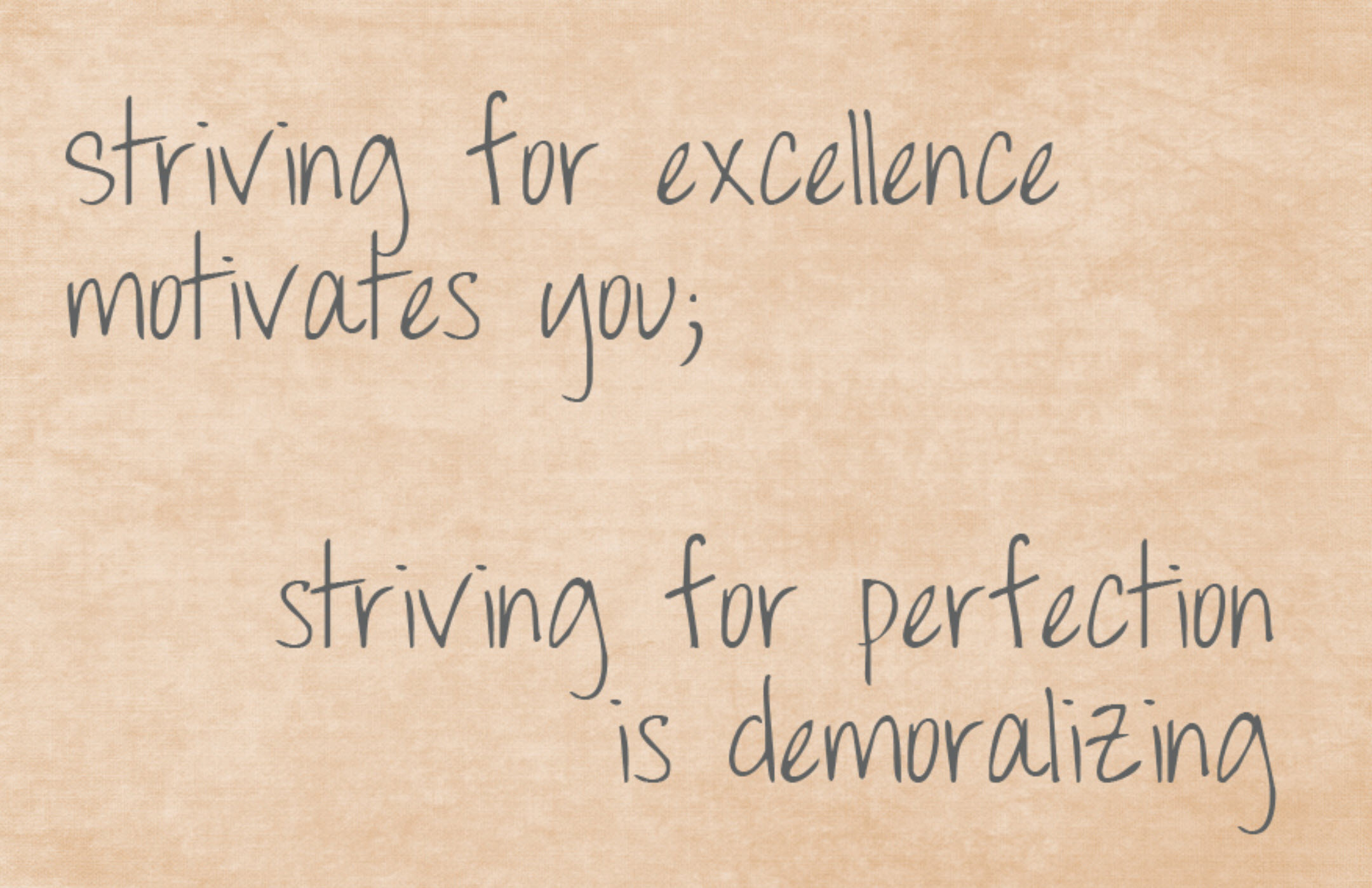
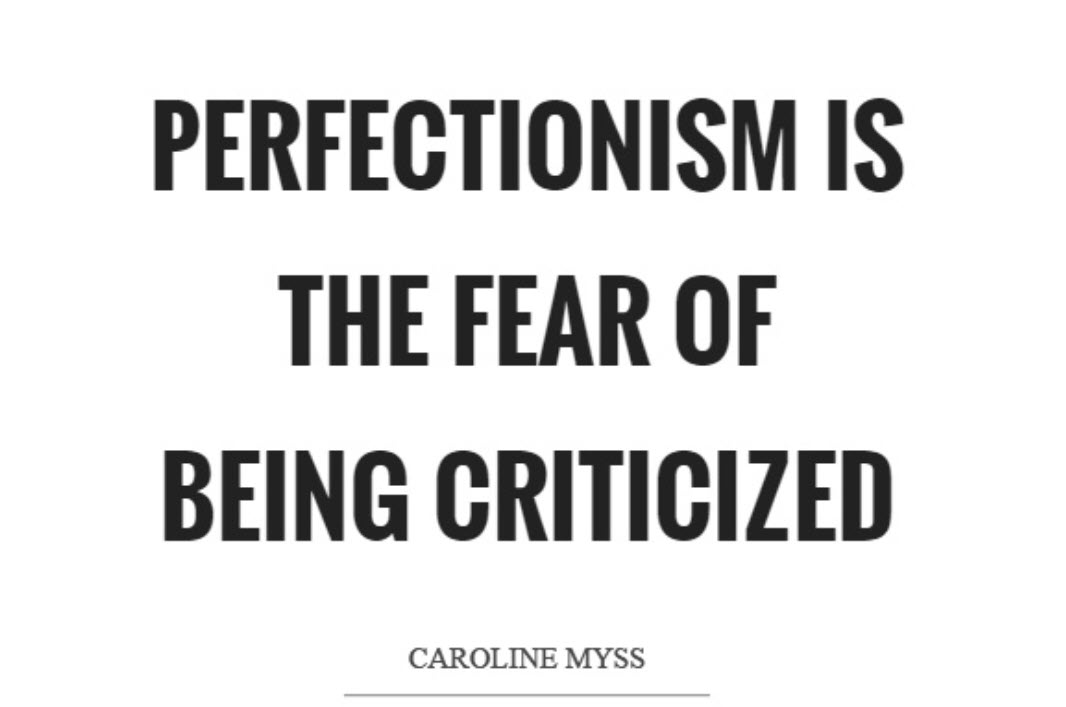
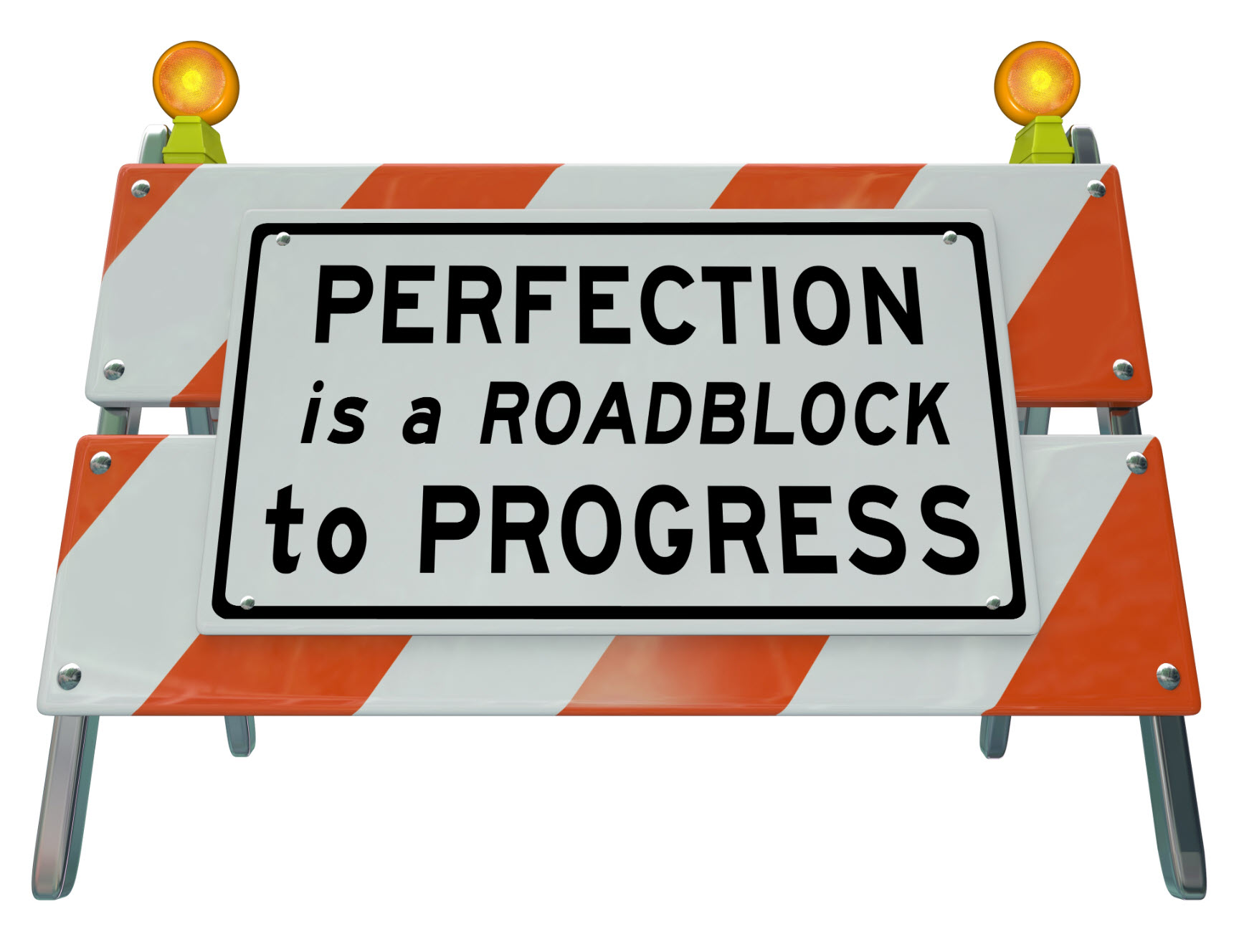

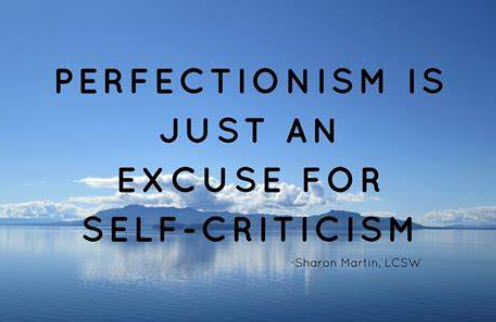



 ↓
↓


15 thoughts on “How to Be an “Imperfectionist” By Stephen Guise”
I understand the instinct of seeking perfection however that itself is or can be the end. A scientist once said ” Perfection means death” For one you are no longer leaving room for evolution, discovery and improvement that in tine anyone would be bored. I too share that sentiment.
Great observation, Luffy. We all need to stay a little lighter on our feet so we do not fall into the quicksand of perfectionism!
I have perfectionists as friends and sometimes I marvel at their level of fear. Yes, I always believe it has to do with more of fear for excellence
Wow, you hit the nail on the head: fear. I will post a blog in the future on that topic for sure. It is such a powerful, but destructive force in the human experience. We all know we have to overcome it, do you ever wonder where it comes from?
The fear of failure is not something we want to show to the world, that thought make us wanna be perfect in every little thing. It doesn’t even come to mind that we need to be happy but all we do is for the outside acceptance of our works
Wilson, regarding one’s willingness to accept work, the famous philosopher, Friedrich Nietzsche, put it this way: “He who has a why can bear almost any how”. Find your work and you’ll find your how.
Being a perfectionist is hard, you need to strive to be a better person not just physically but also emotionally, most disadvantages will arise from those persons surrounding you. Most of them will be affected by your actions especially if it points to them directly.
Being a perfectionist takes so much energy, so stressful, so limiting. Needing to be perfect is a trap that keeps one from experiencing freedom.
The person that comes to my mind is my boss. She’s very strict and perfectionist. But with that, I learned how to do my job accurately and efficiently without supervision. Everything is good but in moderation.
Well said, Janine, which is why moderation is the key to living a balanced life that is ordered in a healthy way, not a pathological one.
Being a perfectionist is seen as a bad thing, because this yearning to do your best, as well as improving your own skills and honing virtues can lead to whole personal growth.
However, if trying to be a perfectionist experiences anxiety, stress, frustration and negatively modifying our performance and personal relationships, then it can become a serious problem.
Very thought provoking article. There’s a saying that goes “it’s the start that stops you”. And your article made me think about that quote because many times we may overthink things due to not wanting to mess up or just striving to be too “perfect”, and it actually hinders us from moving forward. So sometimes it’s best to just get the ball rolling, perfect or not, and then tweak as you go. That’s a heckuva lot better than not getting anything done at all.
It is the better than not to get anything done. The finest thing is to get the ball rolling.
this looks like a reverse psychology. note sure but i enjoyed the read.
Oh my, this article is actually speaking to me. I never knew that being a perfection is also a weakness on its own. I have to make some changes in my life.